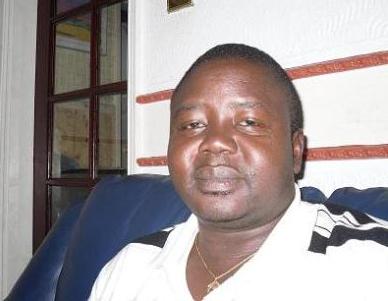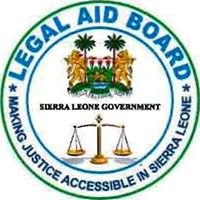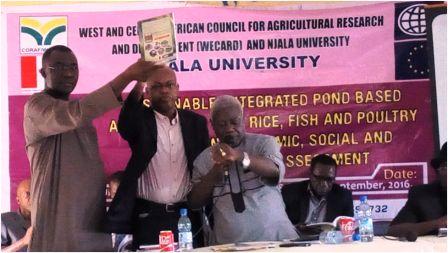Njala University on Aquaculture development
The Department of Aquaculture and Fisheries Management School of Forestry and Horticulture Njala University in collaboration with West and African Council for Agriculture Research and Development (CORAF/WECARD) held a one day stakeholders’ workshop on “Sustainable Integrated Pond Based Aquaculture with rice and poultry production, economic, social and environmental assessment” at the Pastoral Centre Diocese of Makeni.
Held on Thursday 20th December 2012, the aim of the workshop was to adopt Innovative Integrated Technology (IIT) compatible with grassroots farmers’ experiences and also to select project beneficiaries (farmers).
Project Coordinator, Department of Aquaculture and Fisheries at Njala University recalled that in 2008, fish production in the West and Central Africa Sub-Region was estimated at 2, 815, 649 tons, and aquaculture contributes to less than 6% of this. Dr. Olapade Olufemi Julius stated that Fisheries and Aquaculture is a source of income for about 10m people, and added that there are lots of business opportunities in fish farming.
The Project Coordinator said the essence of the project is to reduce poverty amongst grassroots dwellers. He revealed that the one million United States Dollars CORAF/WECARD project is meant for Njala University in Sierra Leone, University of Ibadan in Nigeria and Buea University of Cameroon. In his presentation, he assured that there is political will in the three countries to improve on food security. Some of the project activities he made mention of include: rehabilitation and re-stocking of abandoned ponds; develop capacity in sustainable integrated aquaculture techniques and tackle poverty and unemployment among poor vulnerable especially women and children.
Dr. Peter Musa of Njala University said the country has come a very long way in improving on the food supply system. He added that fish farming will help greatly in bridging the barrier on the non-availability of fish in the market, and also serve as a major benefit to the producers if managed well.
Dr. Musa informed participants that his University and farmers are key stakeholders that should work together and share knowledge that should also be transmitted at community level. He reiterated the fact that Njala University should be useful to the country in agriculture, aquaculture, environmental science and forestry. “I am satisfied with the deliberations from participants. This makes me interested to know about relevant development outcomes and tap new technologies that enhance economic development,” he said.
Mr. Kamorba K. Dabo is the National Coordinator for Aquaculture and Inland Fisheries in the Ministry of Fisheries and Marine Resource. He informed stakeholders that the mission of the ministry is to plan, develop, rationally manage and conserve all living resources of the country. This, he said is achieved through promotion of good governance, including co-management practices establishing sustainable MCS procedures, establishing livelihood enhancement of fishing communities.
The Ministry, Mr. Dabo went on to say that plays a significant role in the national economy as they are contributing 10% of GDP, and provide 80% of total animal protein consumption.
The National Coordinator who also doubles as Deputy Director in the Ministry of Fisheries reiterated the fact that fish farming is not part of our culture and so therefore the practice has not fully taken off. “However, one way of enticing people is to embark on integrated farming practices, he said, and added that integrated approach to aquaculture in the country is very low due to low knowledge and capacity building. Mr. Dabo assured that aquaculture activities will boost economic development when there is availability of natural environment/resources; market availability, sustainable farming activities; improved technical capacity of farmers; improved government support etc.
Topics on various presentations were made by the following personalities: Mr. Yahaya H. Saccoh – “the role of aquaculture in poverty eradication and employment generation”; Dr. S. Sankoh – “the benefits of fish – rice and poultry integration”; Mrs. Kadijat Jalloh – “the role of gender in the national aquaculture development”; Mr. Raymond – “the role of extension in agricultural innovation adoption”; and Mr. A Sesay – “tested models for fish – rice – poultry integration”.
Farmers were given the opportunity to share their experiences on integrated aquaculture, and also there were open discussions on criteria for selecting beneficiary farmers, adoption of farmers and technology and visit to selected farms.
Ortorkor Janaba
Stay with Sierra Express Media, for your trusted place in news!
© 2012, https:. All rights reserved.





